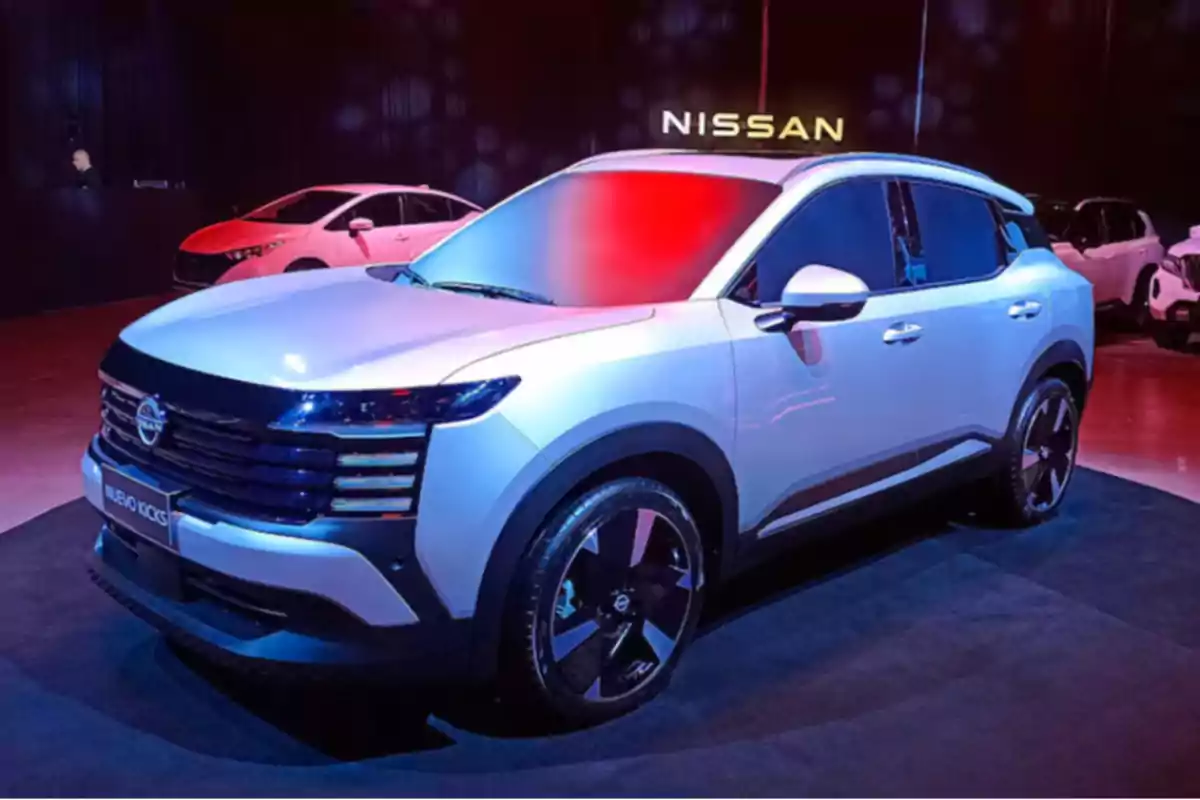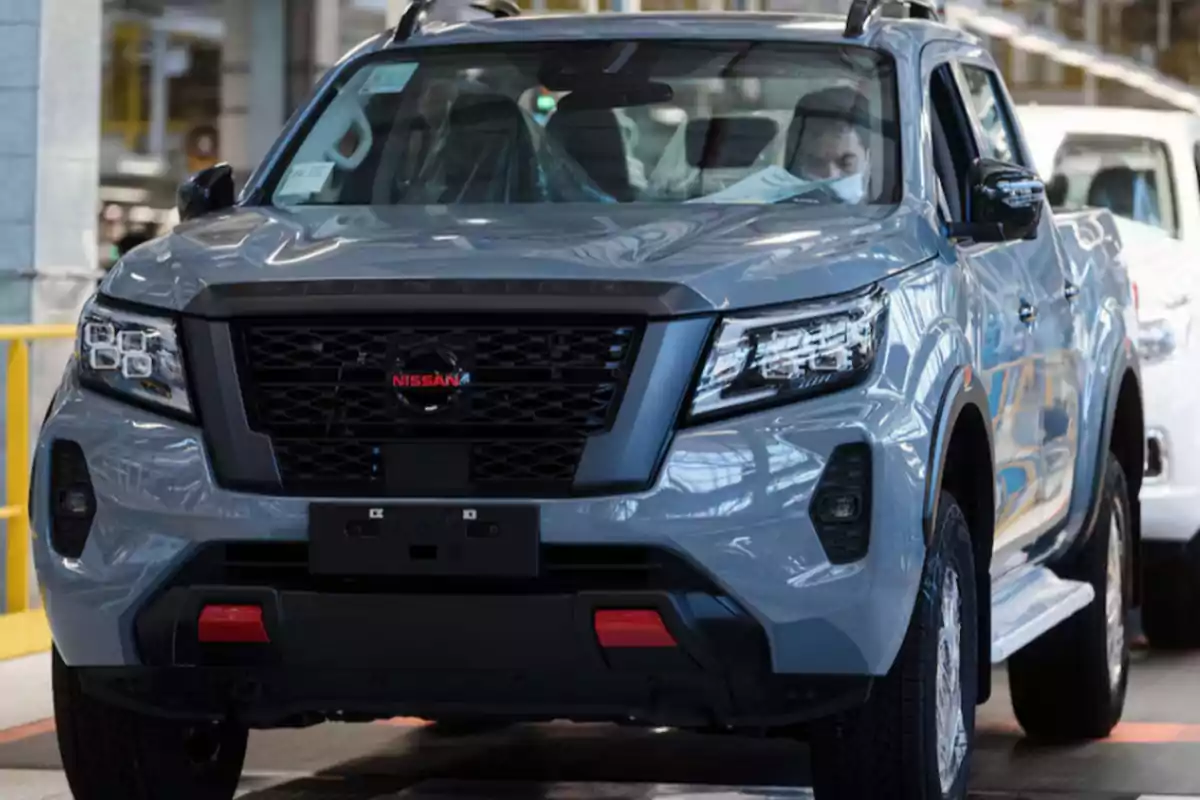
Nissan CEO: 'We didn't believe the government would improve conditions so quickly'
'Not even the most optimistic would have thought that by April 2025 the payment term would be zero days,' he stated
Ricardo Flammini, CEO of Nissan Argentina, surprised by admitting they didn't expect such a rapid improvement in the country's macroeconomic conditions. In his first public appearance after the announcement of the local production halt, he explained the reasons behind the decision and outlined the company's plans for 2025.
On March 28, Nissan announced it will stop manufacturing the Frontier/Navara pickup in Córdoba by the end of this year. Production will be moved to Mexico, from where the entire region will be supplied. This decision had a significant impact on the local automotive industry.
"The decision had nothing to do with the country's economic or political situation, it's a Nissan decision", Flammini clarified to the press.
Production in retreat, but focused on growth
Despite the closure of its industrial operation, Nissan will continue to market the pickup in Argentina, now as an imported unit. The executive noted that the brand's growth plan is still in place and that the current context could even favor it.

"If the macroeconomy continues on this path, we'll be able to expand the portfolio", Flammini stated. The most notable news will be the launch of the new Nissan Kicks in the last quarter of the year. Manufactured in Brazil, it is a C-SUV with improvements in engine, equipment, and market positioning.
Drop in market share and risk reduction
Flammini acknowledged that in 2023 Nissan's market share fell from 4.6% to 3%, which meant a drop from eighth to tenth place in the brand ranking. The main reason was a corporate decision to reduce financial exposure to potential economic disruptions.
"We were among the brands that waited the longest before taking advantage of the new government's changes", the CEO explained.
The reduction of import restrictions not only impacted finished vehicles but also the availability of auto parts. This affected national production and prompted a preventive retreat.
An unexpected improvement
One of Flammini's most striking confessions was his surprise at the speed of the changes implemented by Javier Milei's administration.

- "We were positively surprised. We didn't believe the Government would improve conditions so quickly", he admitted.
- "Not even the most optimistic would have thought that by April 2025 the payment term would be zero days".
The executive highlighted the elimination of the first band of the top-level tax and the Government's willingness to engage in dialogue. According to him, the expected measures arrived sooner than anticipated.
Goals and customer loyalty
Looking ahead, Nissan's goal is to regain ground and grow sales by 50% during 2025. However, Flammini warned that the market is saturated: "There is an oversupply of cars, brands, and models. We have to find a way to differentiate ourselves".
A key part of that strategy will be maintaining the relationship with users, especially after the end of local production.
"Saying we manufacture has value. It would be false to say that doesn't affect us. We have to treat our customers with care to not lose them", he concluded.
More posts: